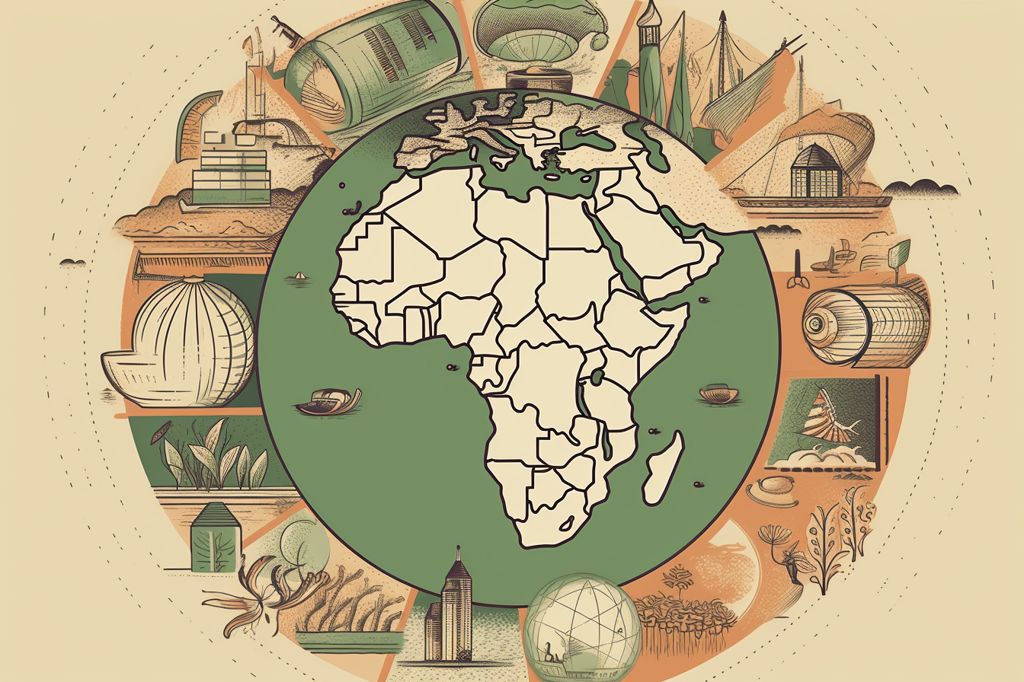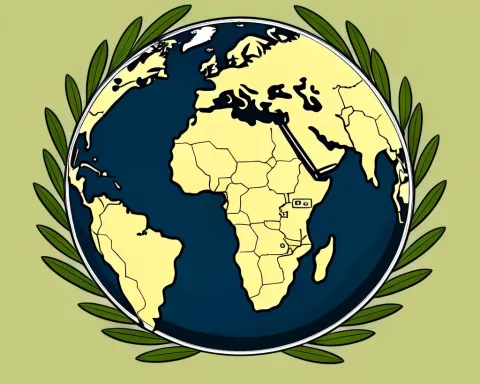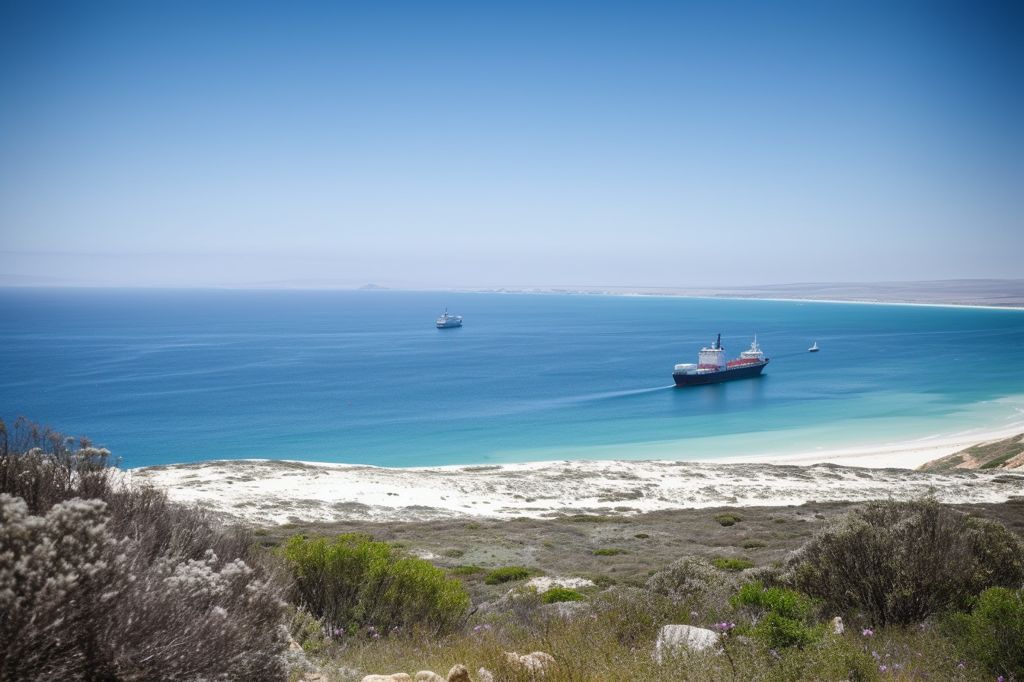South Africa has recently faced allegations regarding its involvement in the Russia-Ukraine conflict. In response, Minister Enoch Godongwana has emphasized the government’s dedication to addressing these concerns and maintaining strong relations with global partners, notably the United States. This article will elaborate on South Africa’s efforts to maintain international cooperation and economic stability and the potential consequences they face if these allegations are not handled appropriately.
Maintaining Strong Relations with the US
The issue regarding South Africa’s involvement in the Russia-Ukraine conflict was discussed between US Treasury Secretary Yellen and Minister Godongwana in January 2023. Since then, South African Treasury officials have consistently engaged with their US counterparts. The Office of Foreign Assets Control (OFAC), a US financial intelligence and enforcement agency, monitors sanctions and anti-money laundering efforts. South Africa has been working closely with the US authorities to prevent potential sanctions that could have detrimental effects on key institutions.
Non-Aligned Position in the Conflict
To ensure transparency and maintain a non-aligned position in the Russia-Ukraine conflict, South Africa has implemented a policy of not selling arms or ammunition to any party involved. The National Conventional Arms Control Committee (NCACC), a body established by law, is responsible for approving all sales of arms and ammunition to parties outside South Africa. The government has confirmed that no such arms sales have been approved. However, an inquiry led by the President seeks to determine the full extent of facts surrounding the matter to avoid any mishandling of the situation that may attract punitive measures from the US or EU.
Potential Consequences
If South Africa attracts punitive measures, the consequences could range from currency fluctuations to disrupted trade channels, investment, and liquidity. Uncertainty around these allegations elevates South Africa’s risk premium, which, in turn, increases the cost of borrowing and doing business. The repercussions could be felt in various export-oriented sectors, such as agriculture, automotive, and manufacturing. A poor handling of the issue may impact the livelihoods of numerous individuals employed in the affected companies and industries.
Minister Godongwana’s Response
Minister Godongwana expressed confidence in the efforts of the Department of Trade, Industry, and Competition (DTIC), the Department of International Relations and Cooperation (DIRCO), and the envoys, aiming for positive outcomes that prevent undue economic impacts. He emphasized South Africa’s commitment to a rules-based international order and consistent application of policies, as outlined in the government’s policy guideline document available on the DIRCO website.
Furthermore, Minister Godongwana acknowledged the gravity of the situation, considering South Africa’s current economic status and grey listing. He urged for careful consideration of actions in the fractured global environment, highlighting the potential consequences of missteps on the well-being of the nation.
South Africa’s commitment to international cooperation and economic stability amid allegations is evident in their efforts to maintain strong relations with global partners and their dedication to addressing concerns. The government is actively working on transparency and engagement with international authorities to ensure the well-being of the nation, which is crucial given the potential economic consequences. It is crucial that South Africa continues to address these concerns in a timely and appropriate manner to maintain their standing in the global community and minimize any negative impacts on their economy.












